Do you know that the United States, Canada, Germany, and the UK are some of the leading countries in the vermicompost market?
Though earthworms are tiny creatures, they can turn organic household and garden wastes into reusable soil content for sustainable gardening and living.
The vermicomposting also supports an eco-friendly waste management approach. However, it is not free from some cons. So, let’s talk about vermicomposting in detail, including its advantages and disadvantages.
What is Vermicomposting?
Vermicomposting is a decomposing culture that uses worms, ranging from red wigglers and white worms to other earthworms.
These worms break down vegetables, food waste, grass, leaves, dry manure, and decaying or organic materials.
Along with composting, it also includes raising worms, which are used further in gardening, fishing, or sold for profit in the market.
You can start it at home with little space and limited local resources. First, you need to collect a worm bin. A bucket, wooden or plastic box, or any small container will be fine for a small quantity of worms.
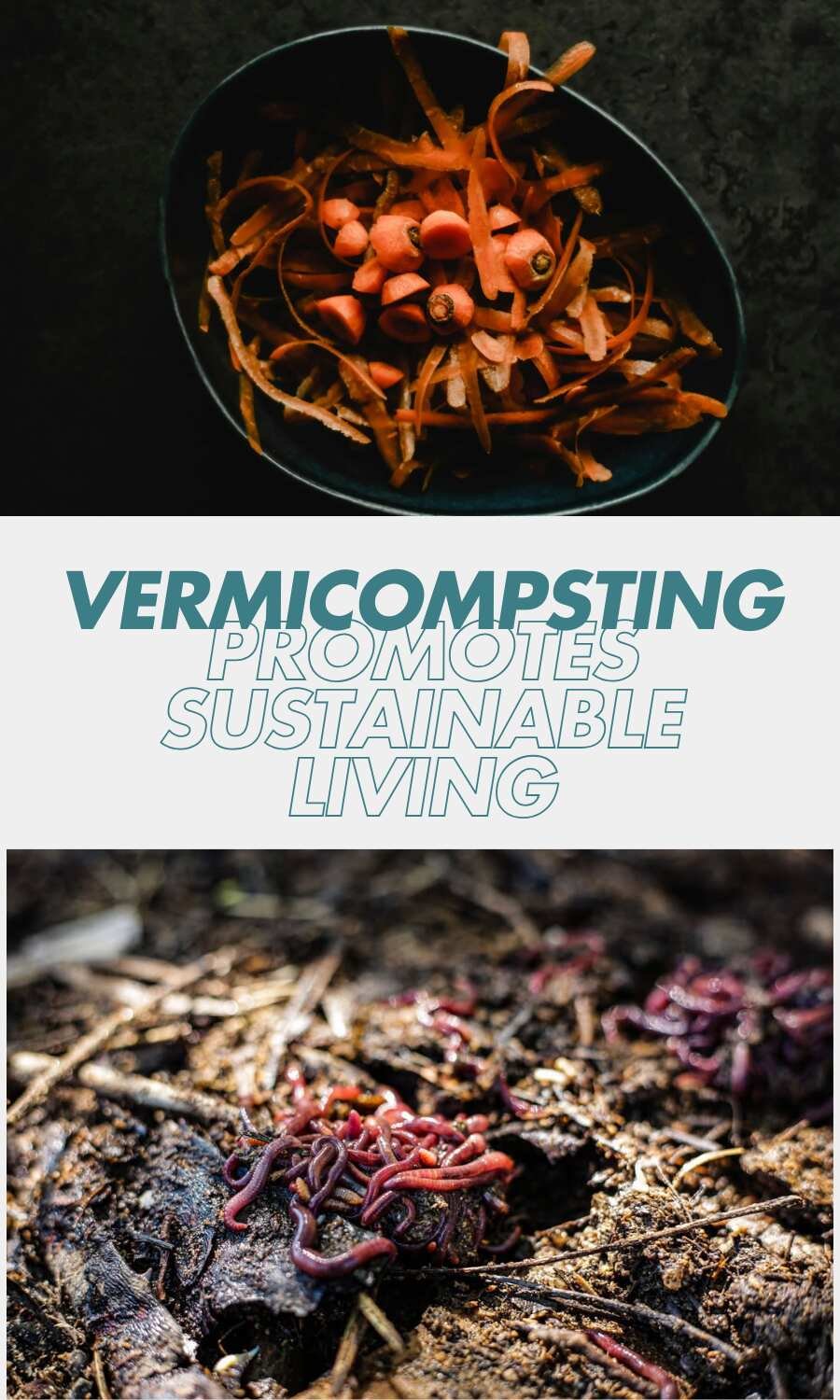
Add some soil for their bedding and ecosystem.
Now, introduce the worms to their new home. Wait for a few moments, check if the soil has moisture, and fix it accordingly.
Some worms are voracious, so feed them kitchen waste or anything organic. You’ll notice the waste or feedings turning into worm castings.
Over time, they reproduce and grow bigger, requiring more space.
This way, you can harvest worm casting as an organic fertilizer and breed the worms for several different purposes.
Make sure you have made the right choice by analyzing the advantages and disadvantages of vermicomposting.
Advantages of Vermicomposting
Reduces Waste
The waste from the kitchen, such as bakery waste, vegetables, fruits, and leftovers, has a properly manageable way through vermicomposting.
Besides, it also helps handle garden waste, including grass, leaves, and damaged produce.
You can also remove yard waste, including leaves, fallen branches, and sticks.
No need to mention how vermicomposting reduces the garbage from daily uses, such as newspapers, eggshells, coffee grounds, tea bags, and non-hazardous wood waste.
Overall, vermicomposting turns organic waste from landfills, promoting sustainable waste management practices.
Enhances Soil Quality
When worms furrow the soil, they make it aerating and porous, promoting bulk density and water and nutrient retention.
This helps soil better water infiltration and drainage and enhances root penetration for gardening.
Besides, vermicomposting helps improve soil pH, electrical conductivity, and organic matter content and reduces nitrogen loss.
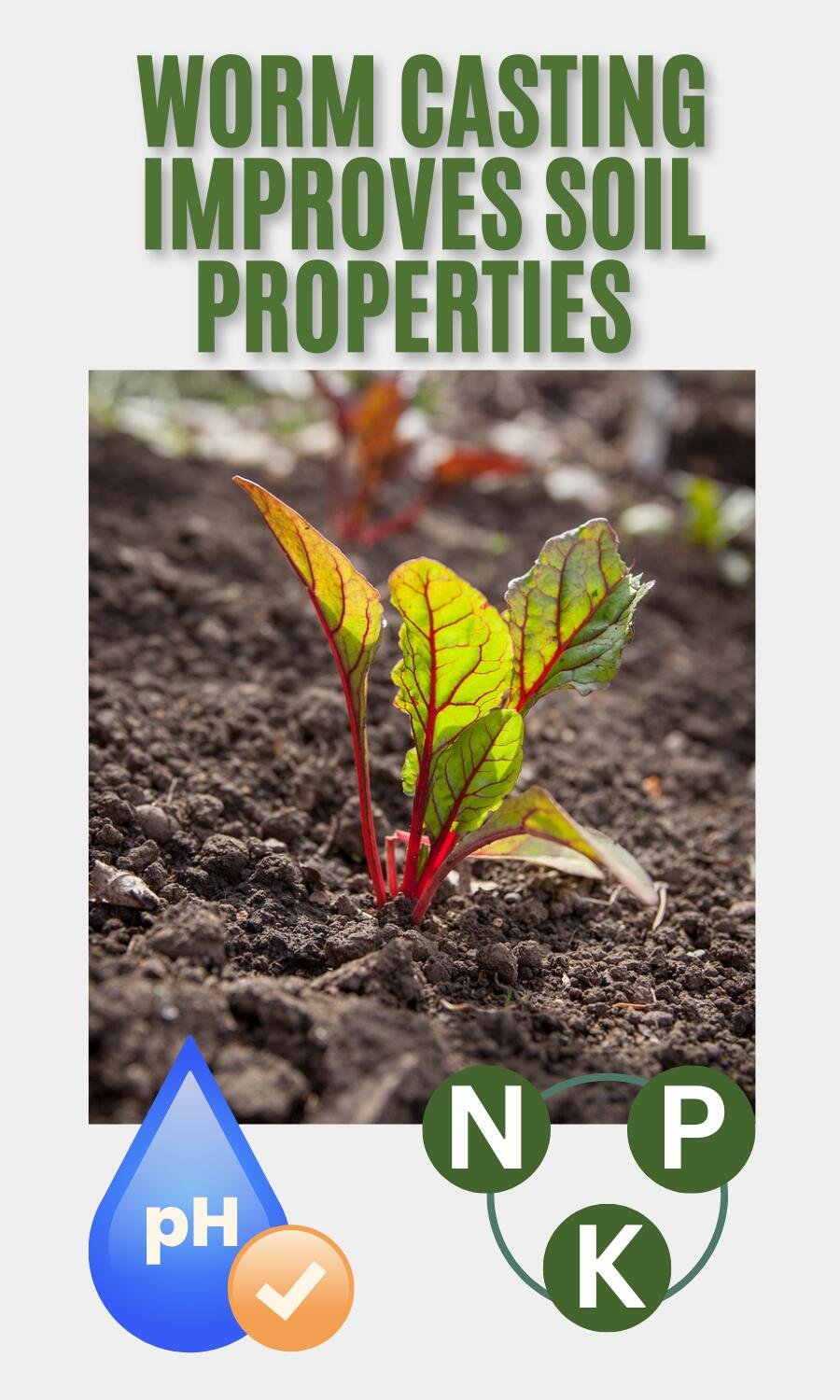
Also, it accelerates the enzyme activity in the enzyme for soil fertility and plant health.
Eco-Friendly Process
Vermicomposting involves only earthworms and beneficial microbes to break down the organic matter.
Unlike traditional waste disposal methods, no harmful chemicals or substances are used in this process.
When food scraps and other organic waste from landfills decompose, methane and greenhouse gases are released. However, vermicomposting helps reduce this effect by life-saving worms.
Produces Natural Fertilizer
Worm casting makes great natural fertilizer without the use of any add-ons.
Worms produce dark and nutrient-rich fertilizer that contains organic nitrogen, phosphorus, and potassium, which are beneficial for healthy plant growth.
You need not add extra chemical fertilizer after vermicomposting.
Saves Money
With a sustainable waste management system, you can save lots of money that would otherwise be spent collecting landfilled waste.
That’s what vermicomposting naturally does.
It also saves lots of resources, providing free fertilizer and amending soil with a balanced pH.
Also, you can turn your hobby into a commercial vermicomposting for profit instead. It is compact and can be started from urban apartments to rural homesteads.
Based on needs and demands, you can scale the business.
Supports a Circular Economy
Circular economy suggests reusing, repairing, refurbishing, and recycling existing goods and products.
In this sense, vermicomposting turns kitchen scraps and organic waste into valuable resources.
It also helps manage the gardening lands by depressing weeds. The beneficial bacteria in the vermicompost shield the plants from several plant diseases.
This way, you can grow better crops and boost harvest.
Disadvantages of Vermicomposting
Takes Time for Composting
The earthworms are so small that they take 3-6 months to digest and throw the casting. It may take longer if you ignore their optimum setting.
Also, their breeding is slow, and the population increases leisurely. One pound of worms can eat about two pounds of trash in a whole week.
Unlike vermicomposting, traditional composting turns the waste into a usable source in 3 months.
If you can fold the water content frequently with moisture, you can prepare the compost in a few weeks.
Initial Investment:
Though you can start vermicomposting at home, it still requires money. You may need to worm bins, necessary materials thermistors, and tensiometers.
Also, don’t forget the worms to purchase; they are the main actors.
You may have options: Alabama or Georgia Jumper, Blue Worm, Red Worms or Nightcrawlers.
Also, it may be more affordable to assign your household waste to the waste collectors than to start off with vermicomposting.
Limited Capacity for Waste
You should not expect the little creatures to swallow the waste at once and expel the beneficial castings in a few moments.
They digest small chunks of waste and tunnel the soil in a small and limited quantity.
So, vermicomposting cannot help manage large amounts of waste from big homes.
Potential for Odors
Once you have finished raising the worms for a month, you can notice the smell coming from their bin or container.
This happens because of overfeeding and poor aeration.
When you throw mixed garbage, including kitchen waste and gardening debris, anaerobic bacteria grow there, causing malodor.
Also, waste that is left in the bin for a long time starts rotting and stinking, making the surroundings unable to bear its presence.
Attracts Pests
Traditional composting heats up during the decomposing process. This helps eliminate pathogens, weed seeds, and other harmful bacteria and pests.
However, vermicomposting is managed under cool temperature and moisture conditions so that worms can survive.
This system can foster pathogens and other issues. Bugs and pests such as fruit flies, centipedes, and flies can also colonize the bin under the starter soil, bedding, and worm food.
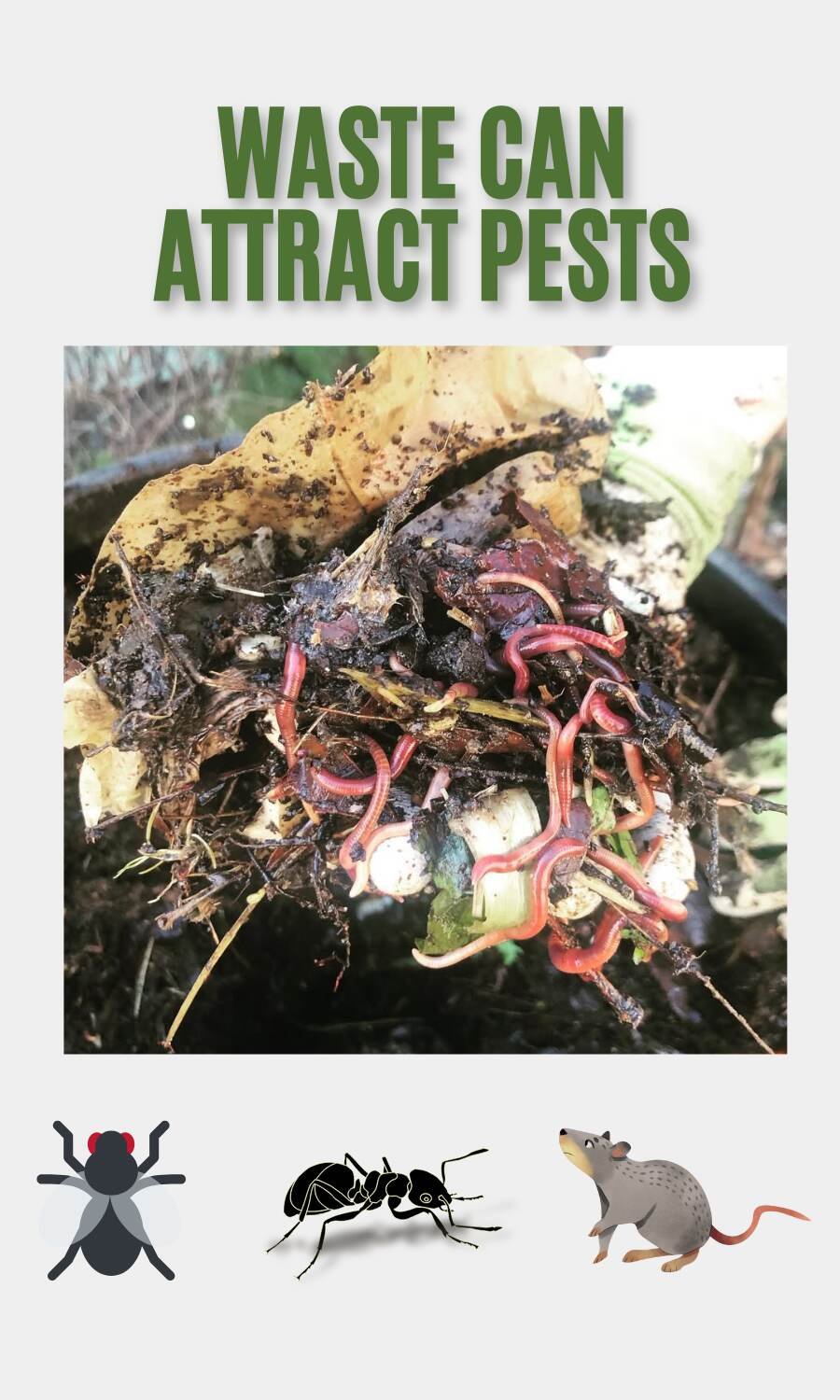
Mismanagement, for example, inappropriate food scraps, can attract pests including fruit flies, ants, and rodents.
Requires Regular Maintenance:
Vermicomposting worms thrive at 50-80 degrees Fahrenheit and 25-30% soil moisture.
So, you need to place the bin in the shady and cool places. Sometimes, you need to shift the bin in the refrigerator to provide an adequate environment.
Besides, you need to avoid overfeeding, inadequate bedding, and extreme conditions.
If you haven’t made an enclosure, the worms may escape without noticing you.
Cautious Harvesting
I find it a bit challenging to gather the worm casting and remove the worms from the soil.
For this, you need to use your hands and filter the soil through your fingers. This takes time and effort, depending on the size and quantity of the vermicomposting bins and worms.
Unlike this, traditional composting requires hands or containers to collect,
You can simply load the container from the pile using Showel and use the compost immediately.
If necessary, feel free to sort, strain, and filter the final compost and keep useless debris aside.
Final Thoughts
After learning the advantages and disadvantages of vermicomposting, you may have calculated your position to start vermicomposting and desert the idea.
If you want to make a successful vermicomposting journey, avoid feeding dairy, meat, ginger, and acidic food waste.
Biomass needs to be dry enough to feed the worms. For example, don’t offer the cow dung until it is 15-20 days old to evade heat.

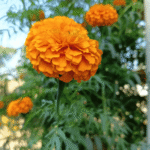
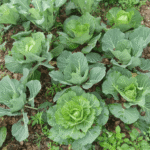
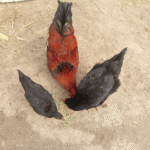
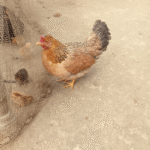
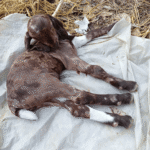
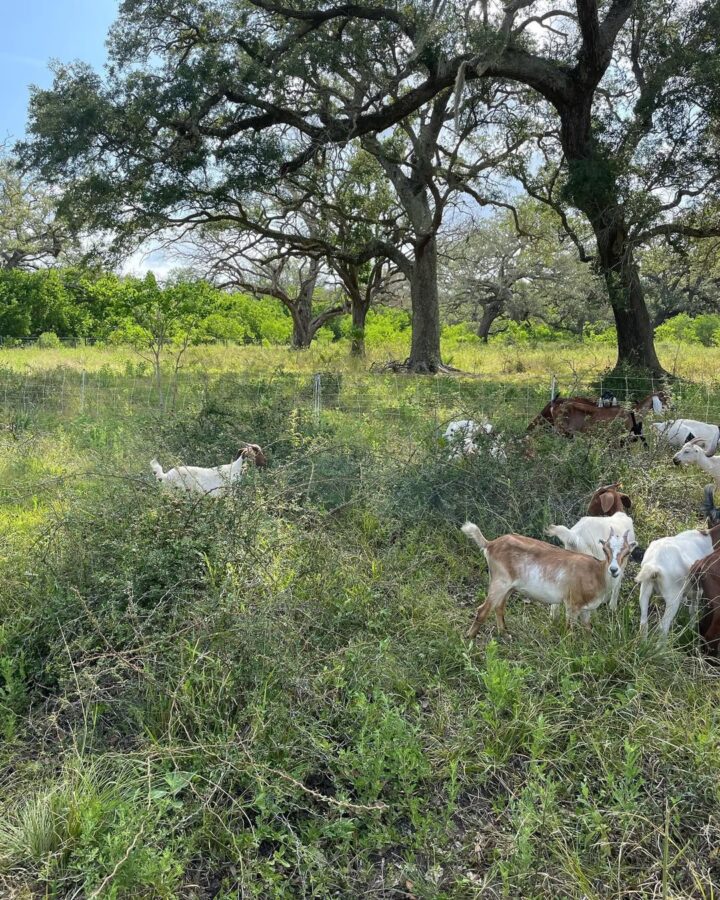
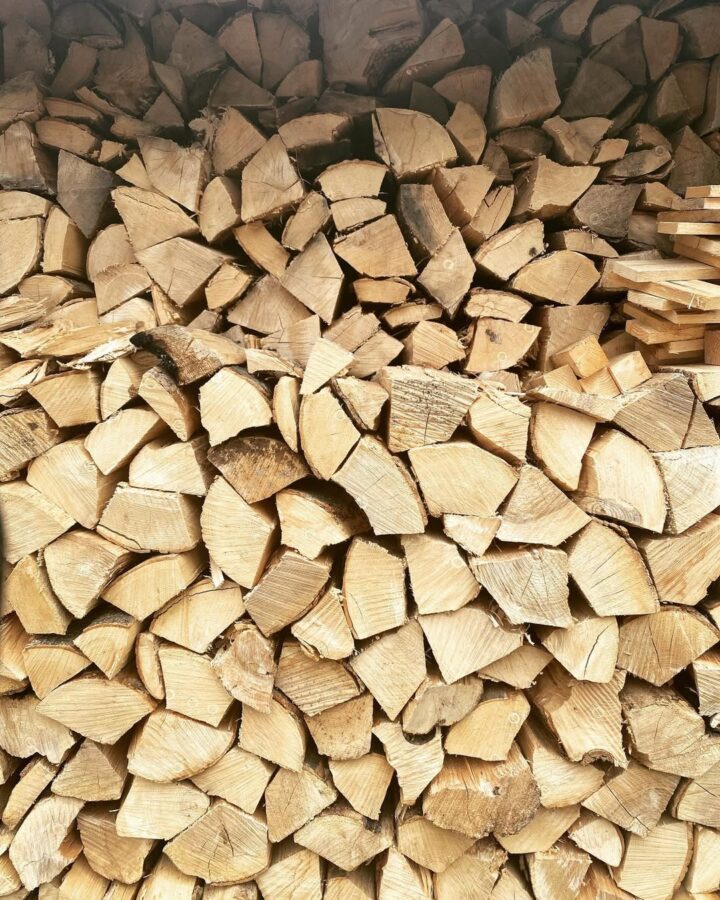
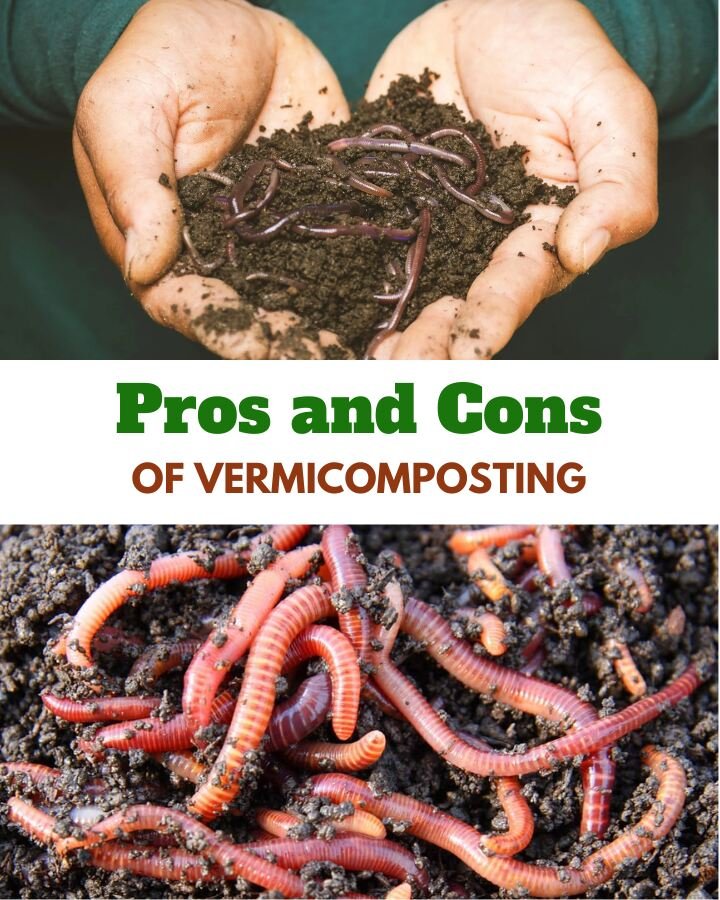
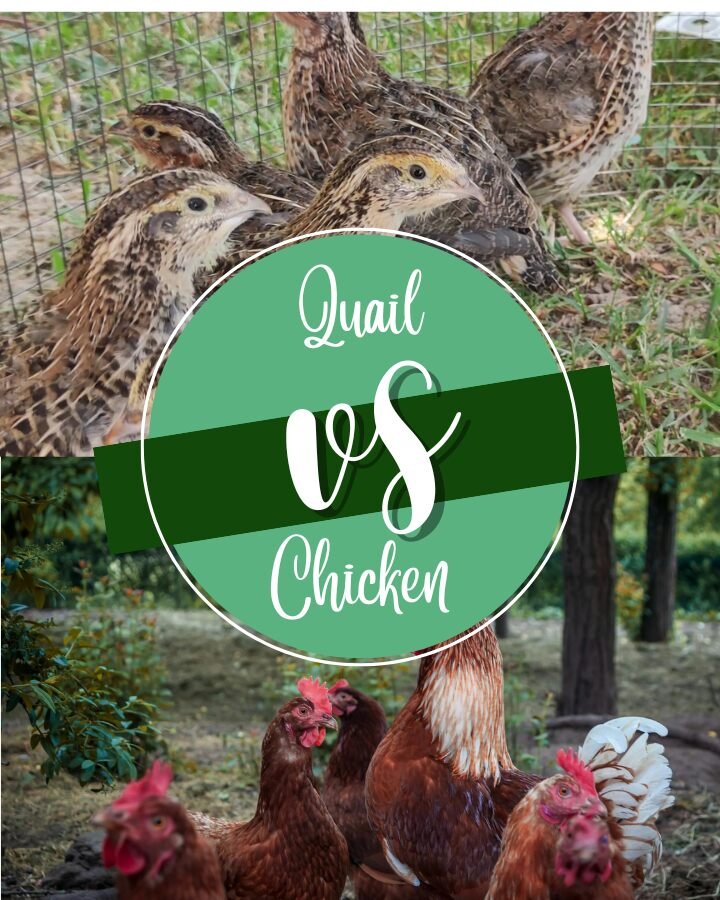
Leave a Reply